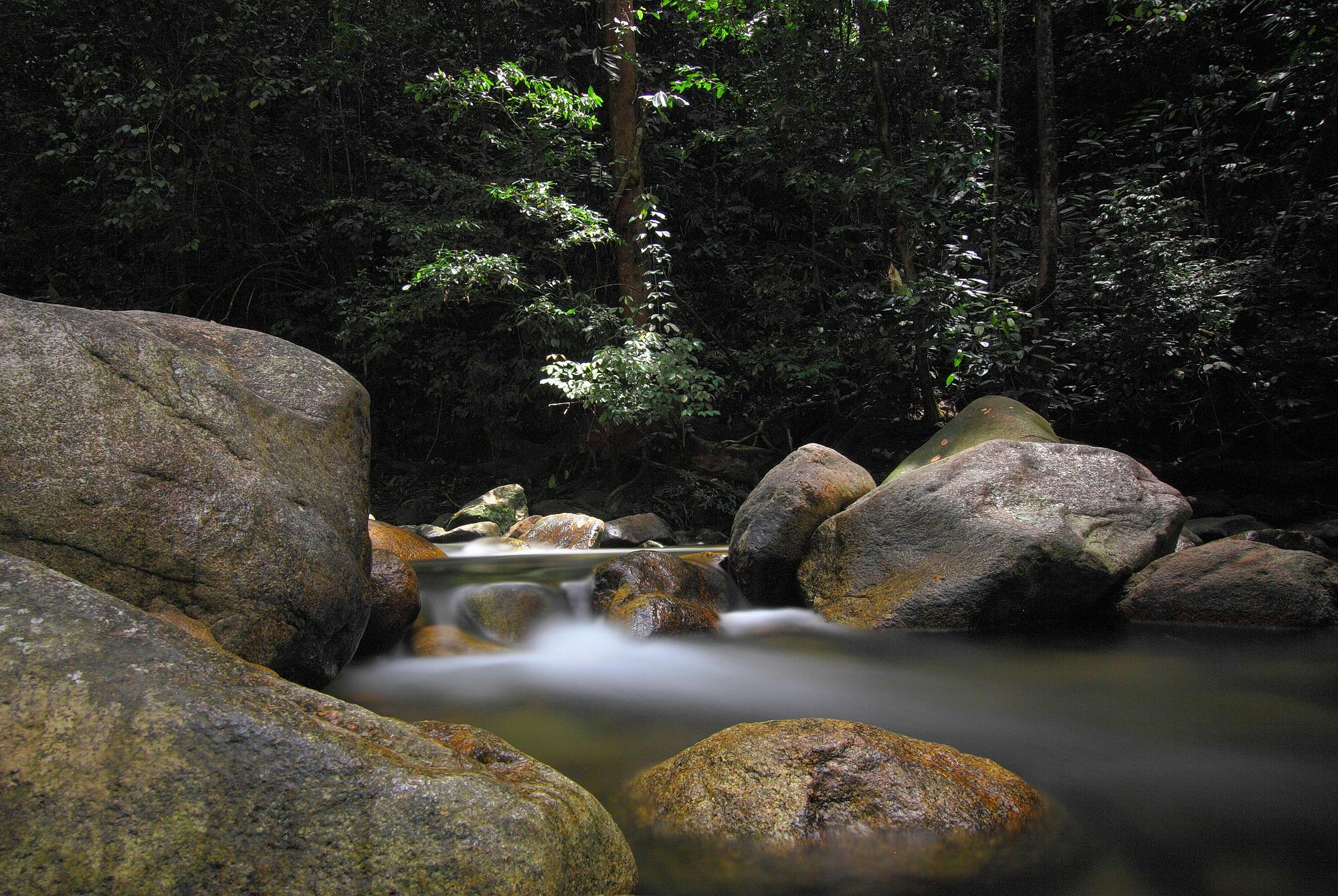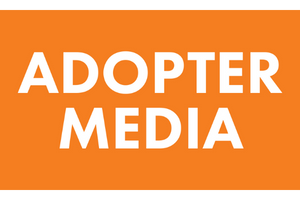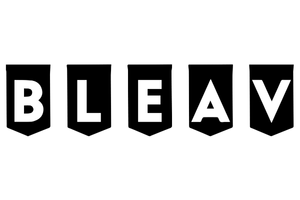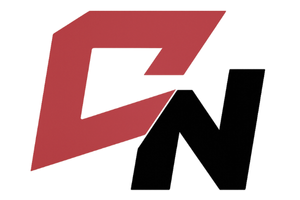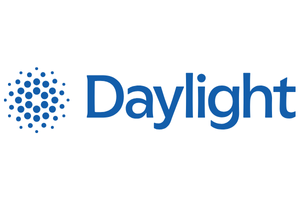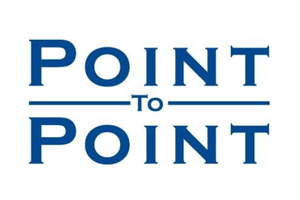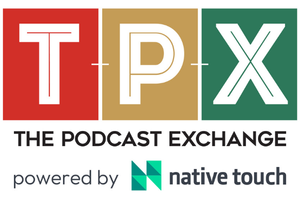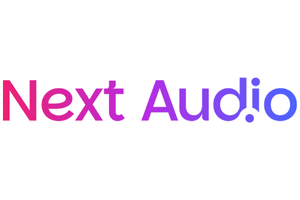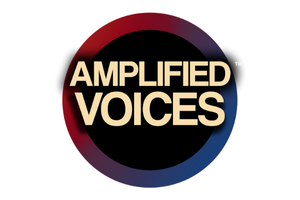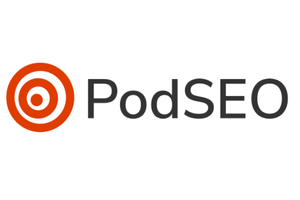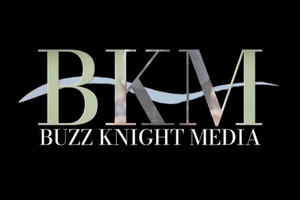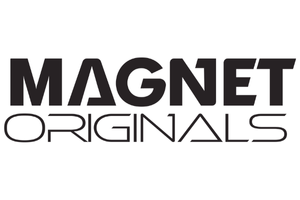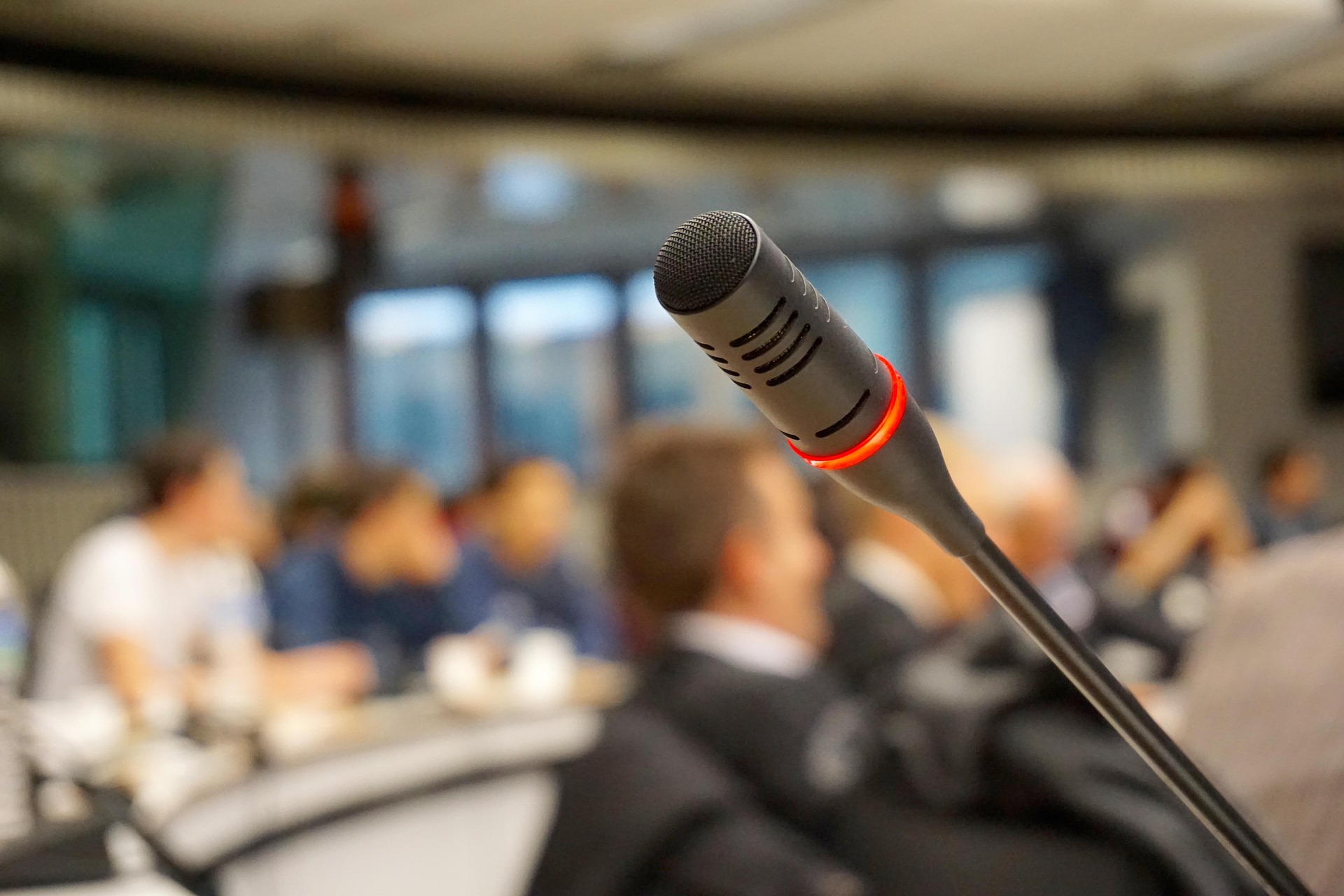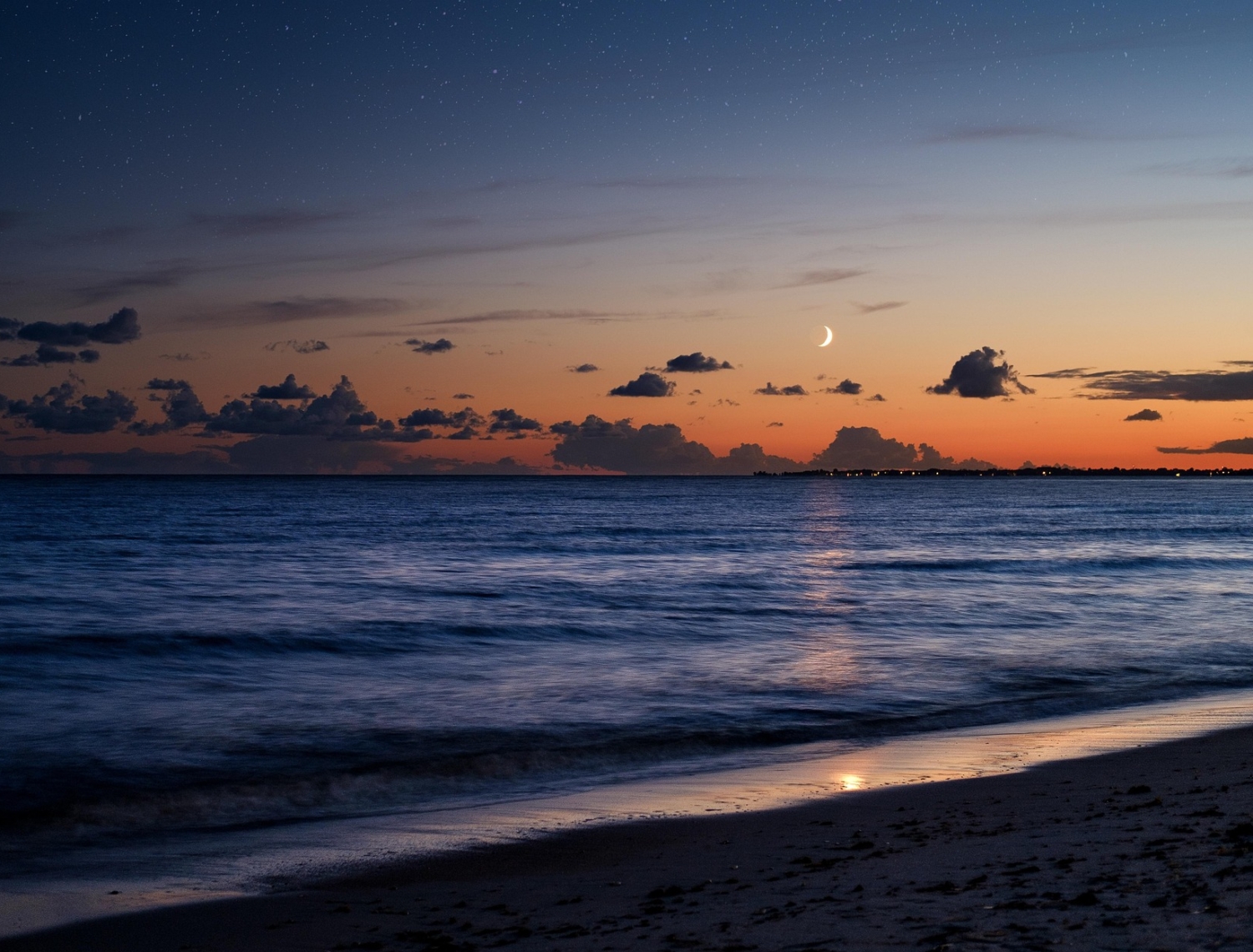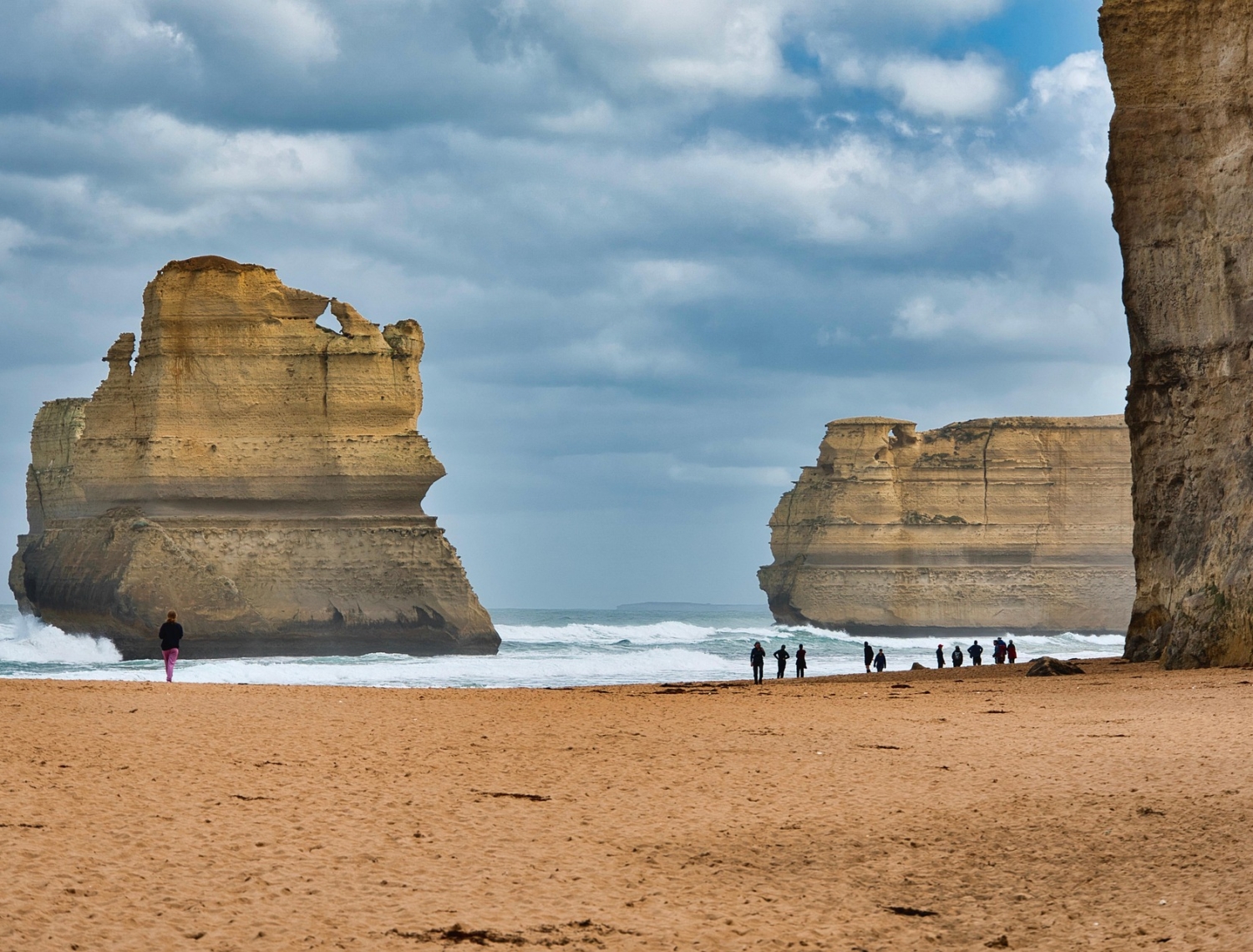Last call for comedy: YMH Studios, in collaboration with RedCircle, Podscribe, and Sounds Profitable, is taking over the New York Comedy Club tonight for an evening of networking and performances from podcasting comedians. Space is extremely limited, fill out the form here.
This week, the Sounds Profitable team heads to New York for our sessions at Advertising Week. We have partnered with AWNY on the Podcast Zone, or “P’Zone,” as we Gen X’ers like to call it. But first, something has been on my mind lately about the challenges of podcasting, and it’s not about discovery.
I’ve talked a lot in this space about how podcasting has never really had a mainstream “introduction” to the general public; it just sorta happened over time. Podcasting’s organic growth has been wonderful, and a side effect of that has been that the medium means different things to different people and the role(s) of podcasts in peoples’ lives has also changed as the audience has morphed over these 20 short years.
Podcasting’s earliest audiences (like me, I suppose) were drawn to the medium because it was techy and cool and a thing that some of us had access to that others did not (largely because it required a fair amount of effort, compared to today). We were fans of podcasting itself, and we were always looking for new shows to add to our podcatchers and iRivers and Rios (and iPods, I suppose.)
I think we’ve largely gotten all of that audience that we are going to get, at least on the 25+ end. Today’s newest podcast consumers are more likely to come to the medium for a show or even a personality more than the tech or novelty of podcasting. And while that’s certainly grown our audience, that growth carries with it a challenge that is perhaps a novelty to those of us who have been in the field for a while: getting people excited about podcasting, period.
In our current project, The Podcast Landscape, we asked a giant sample of US consumers some questions about what makes them stop listening to a show and what they do next. Three data points in particular stood out to me as emblematic of this particular challenge. First, we asked podcast listeners who had ever “quit” a podcast for their reasons, and the results were illuminating:

Three of the top five answers were related to the quality of the show (or at least the topic, which I take as a proxy for the show’s ability to maintain interest in the topic – after all, few people would stipulate a life-long love of auto repair, yet Car Talk exists). I take these humans at their word – the audience is always right. In television, the quality of a show can ebb and flow over time, and as shows become noticeably better or worse, word of mouth and audience behavior typically reward or punish those shows accordingly.
But here is where TV has an advantage over podcasting, at least with most Americans: when a TV show declines, people will often look for another show because TV is a part of our social fabric. This is not always the case with podcasting, as this graph indicates:

For this question, we asked lapsed podcast consumers (former listeners who haven’t consumed a podcast in the last month) why they haven’t checked out a podcast lately, and after the first two responses (which are the first two responses for any entertainment media type), the top answer was “I got tired of podcasts.” Not only was this the top answer that wasn’t “not enough time,” it was also over 30% higher than the same response in 2023. So, are podcasts objectively getting worse?
I don’t think so. But it does highlight something that every podcaster needs to think about whenever they open the mic: selling the benefits of the medium. When people stop listening to a show, for whatever the reason, we need to catch them with another podcast, and not with TikTok. TikTok has become a default channel for boredom, and that’s not good for us. And by “us,” I mean all humans.
Every podcaster has an obligation to every other podcaster to sing the praises of this medium on every show. Let’s talk more about how to spend that doom-scrolling boredom time with something that enriches the mind, and doesn’t turn it into AI-assisted ricotta. Let’s talk more about how podcasts enable you to take your weird passions and hobbies into the workplace or the train or the garden and nobody has to know about it. Let’s talk more about how the hosts of our shows are friends, and we are there to keep you company. Let’s remind people of all the places and contexts of our lives where a podcast could be consumed (specifically, listened to) that could make those situations better and richer.
I bring all of this up because here is the graph I really want to see change over time:

Imagine asking someone who hadn’t watched TV this week when they thought they would ever watch TV again. Do you think 43% would say, “I don’t know”? Or is it more likely that they would hazard a guess of at least in the next month or year? When people get tired of a TV show, they don’t give up on TV, and we need to be afforded the same space in podcasting.
These are hygiene-level responsibilities for any podcaster, because we haven’t made it yet as something mainstream Americans turn to by default in the way that they do their TVs, or radios. And I know you will do a good job. But I want to close here by issuing a particular charge to “big podcasting,” to the largely celebrity- and video-driven shows that have fueled much of podcasting’s recent growth: you don’t get to duck this one. I want Will Arnett and Bunnie XO and Charlamagne and Theo Von and Tucker Carlson and Rachel Maddow and Shannon Sharpe talking about these things. I want them to give to podcasting what they get out of it. I know some of the people reading this now could at least, you know, have a word with them.
As the audience continues to grow and evolve over time, we have to recognize that podcasting, like any other medium, is in a constant battle for attention, and the enemy here isn’t another podcast or the radio – it’s inattentiveness and the platforms like TikTok that reward it. I think we have a wonderful opportunity to position podcasting as the antidote to excessive doomscrolling and too much screen time, and a host of other things that people say they want to do less of, but in the words of Massive Attack, inertia creeps.
Special thanks to the sponsors that made The Podcast Landscape possible: American Public Media, Wondery, ESPN Podcasts, BetterHelp, SiriusXM Media, Libsyn Ads, Paramount, NPR, and Signal Hill Insights.
New Partners
Sounds Profitable exists thanks to the continued support of our amazing partners. Monthly consulting, free tickets to our quarterly events, partner-only webinars, and access to our 1,800+ person slack channel are all benefits of partnering Sounds Profitable.
- The Los Angeles Times strives to bring you engaging, informative and sound-rich storytelling that is based on the outstanding coverage the Times is known for.
- Pitaya Entertainment is a leading global Latino podcast network.
- Bruá Podcasts is an audio production house and independent podcast network in Portugal, developing and producing both original and third-party content.
- work x work: Creative & Strategy Agency + Owners & Operators of On Air Fest
Want to learn more about partnership? Hit reply or send us an email!

